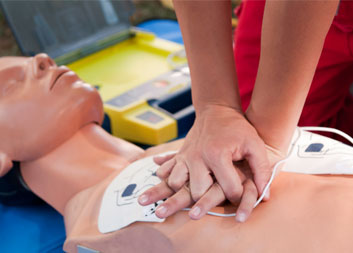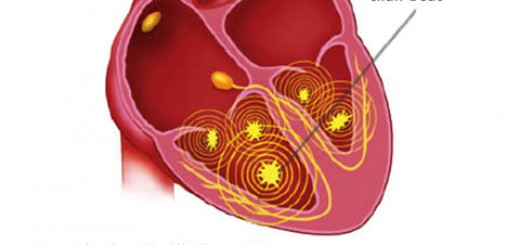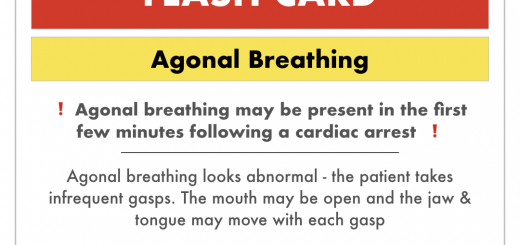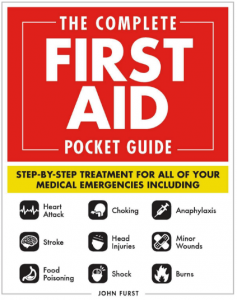When should you stop doing CPR on a victim?

In order for CPR to be effective, it should be performed continuously until a defibrillator arrives or further medical help takes over.
However there are some situations when you should stop doing CPR on a victim. In this blog post we explain some of these situations.
1) The person starts breathing normally again
It is rare for CPR alone to restart a victim’s heart. However if whilst performing CPR you notice that the person has started breathing normally and is showing signs of life then you should stop CPR.
Once again this is very rare, but may occur in certain situations such as choking or drowning.
2) A defibrillator arrives
If a defibrillator arrives it should be setup as soon as possible. This may involve stopping CPR momentarily to apply the defibrillator.
Once the defibrillator has been setup you should follow the voice prompts. It may ask you to restart CPR.
3) You are told to stop by a healthcare professional
You should follow the instructions of medical professionals. They may ask you to stop performing CPR.
4) You become physically exhausted
If you become physically exhausted you may have to stop performing CPR and summon extra help. Chest compressions are extremely physically demanding!
5) The area or situation becomes too dangerous
Remember that you are the most important person. If the situation becomes too dangerous and you cannot move the victim to safety then you may have to stop CPR to preserve your own life.





